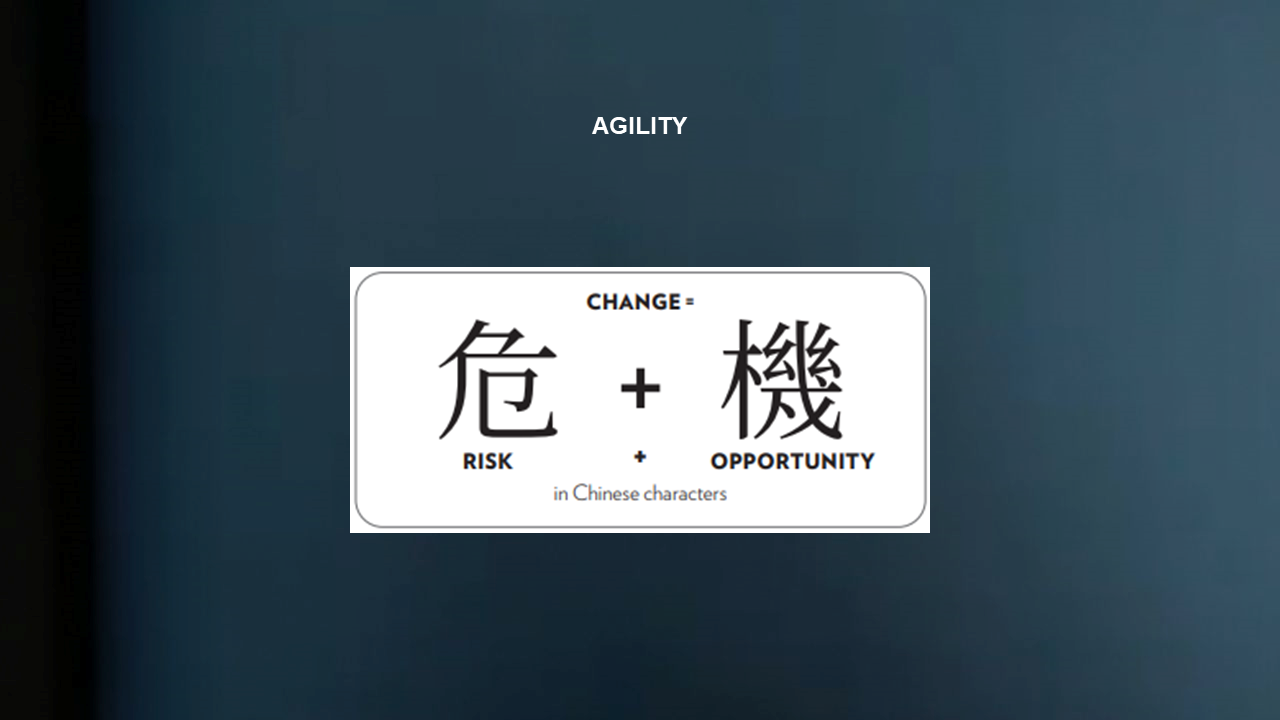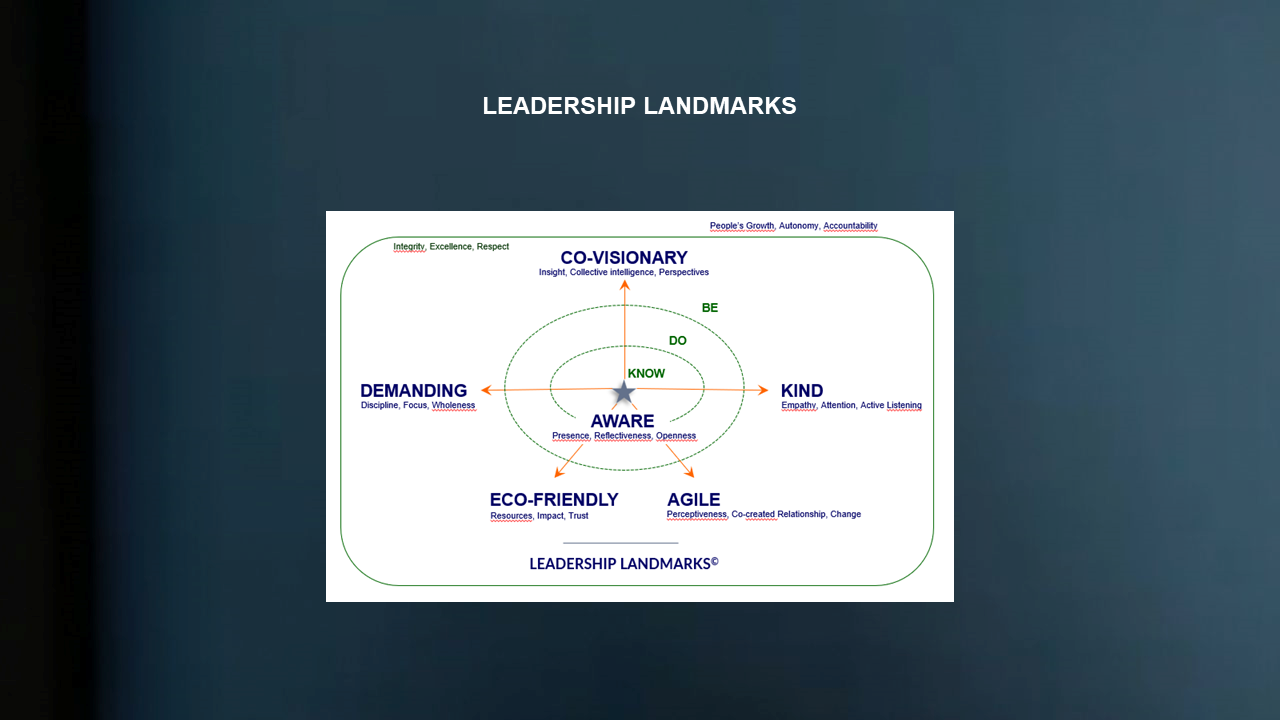Awareness as wholeness
In my framework, awareness goes beyond simply being alert to one's surroundings; it embodies a holistic understanding of oneself and others. One of my trainees, let’s call him Arthur was an executive whose vulnerability was a quick temper that strained both his professional and personal relationships. By focusing on personality types and introspection, Arthur gained deep insights into his natural modes of interaction, enabling him to change how he engaged with people. This shift not only improved his workplace interactions but also had a profound impact on his family life, illustrating my belief that "awareness is wholeness. Arthur’s transformation is a testament to how self-awareness can reshape a leader's approach, fostering empathy and understanding both in the office and at home. The emphasis on holistic awareness helps leaders better detect when and how to act, making their decisions more thoughtful and impactful. Awareness is foundational to leadership - once leaders understand themselves, they are better equipped to manage others effectively.
The strength and flexibility of agility
Agility means being able to move quickly and easily, both physically and mentally, adapting to changing circumstances. However, this trait can be a double-edged sword. Take the example of Arnold, a number two executive in a company, who struggled with being "too loyal," a quality that stifled his leadership development. Through coaching, we helped Arnold challenge his limiting beliefs about loyalty and leadership. This process allowed Arnold to transform himself, which, in turn, enabled him to better lead his company’s transformation. Arnold’s story underscores a central tenet of our philosophy: "If you want to change your company, change yourself first." By confronting and addressing his internal limitations, Arnold was able to grow into an authentic leader capable of driving organizational change. Agility, therefore, is not just about quick thinking or rapid adaptation, but about having the flexibility to reassess and evolve one's leadership approach.
Kindness as a key to retaining talent
One of the most surprising yet crucial leadership qualities in our model is kindness. In an age where corporate cultures often prioritize efficiency over humanity, kindness can be an antidote to disengagement and high employee turnover. Let us look at the journey of Eileen, a young yet demanding CEO who wanted to lead her executive committee through a tense and uncooperative environment. By focusing on active listening and creating an atmosphere of understanding, Eileen was able to transform her divided team into one that worked cooperatively and constructively. In general, we’ve noticed that younger generations, in particular, are fleeing organizations that value self-centered attitudes and productivity over people. For these individuals, kindness—manifested through empathy, listening, and support—is a key determinant in their decision to stay with a company. Leaders like Eileen demonstrate how integrating kindness into leadership not only boosts team morale but also enhances overall performance. So, kindness is a key to retaining talent today, making it essential for leaders who wish to build loyal, motivated teams.
In conclusion, we can say that leadership is about more than just wielding authority; it is about cultivating self-awareness, agility, and kindness to foster personal growth and organizational success. Through real-life examples, we demonstrate how these qualities can help leaders overcome vulnerabilities and unlock their full potential, transforming not only their leadership but also the environments in which they work.








